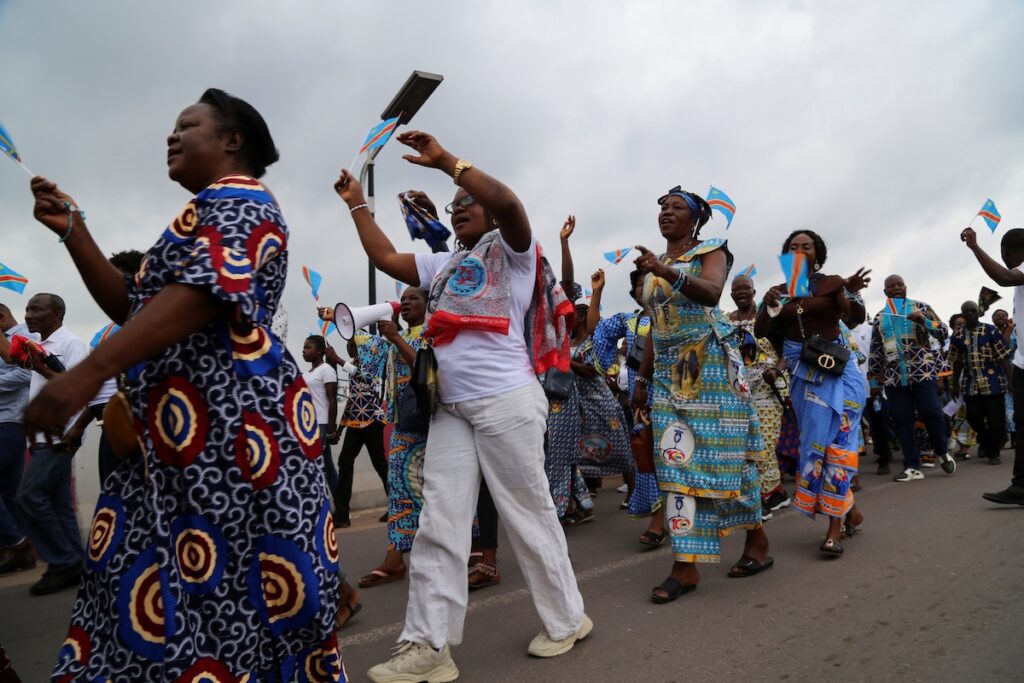The Democratic Republic of the Congo (DRC) has made a significant transition from armed conflict to democratic elections since the 2002 Global and Inclusive Agreement, which ended five years of war. Despite this, issues persist as the DRC operates as an “electoral oligarchy” where power remains concentrated within a narrow elite. Although there have been multiple elections and some peaceful transfers of power, these processes often lack genuine accountability to the population, resulting in a disconnect between the elite and citizens.
The DRC’s political landscape, shaped by the 2006 Constitution, shows discrepancies between democratic ideals enshrined in law and the reality of governance, which is marred by corruption and manipulation. The emergence of weak political parties and a fragmented civil society has further complicated accountability efforts. Drawing on various sources, including interviews and scholarly work, the report examines these dynamics and reflects on the challenges faced in fostering a true democracy in the DRC.



